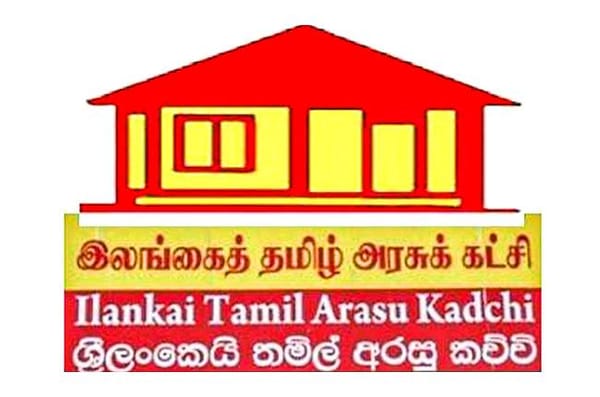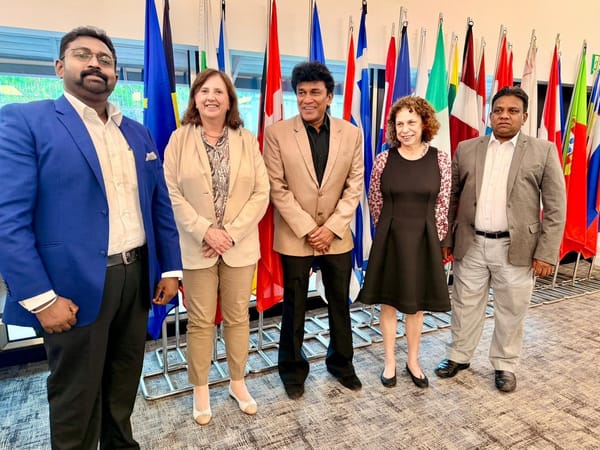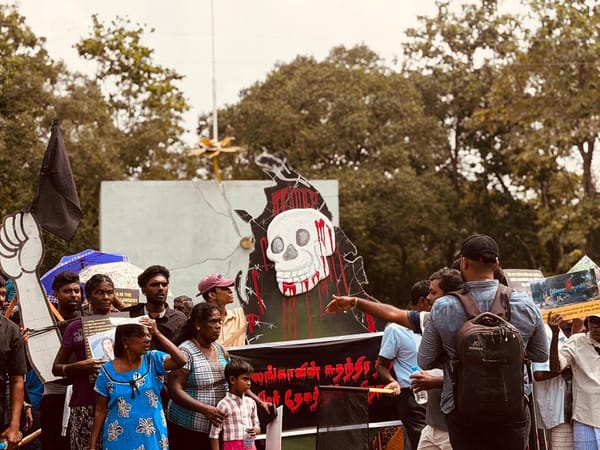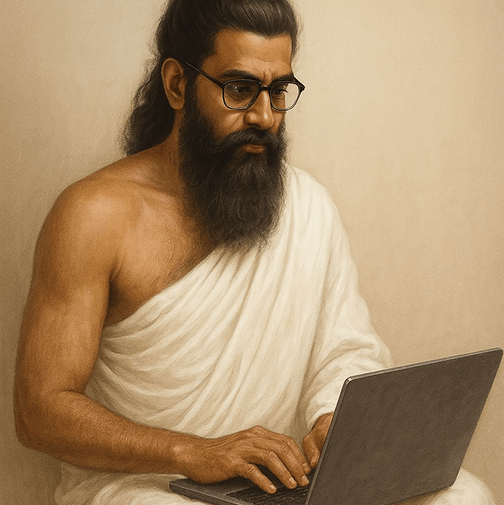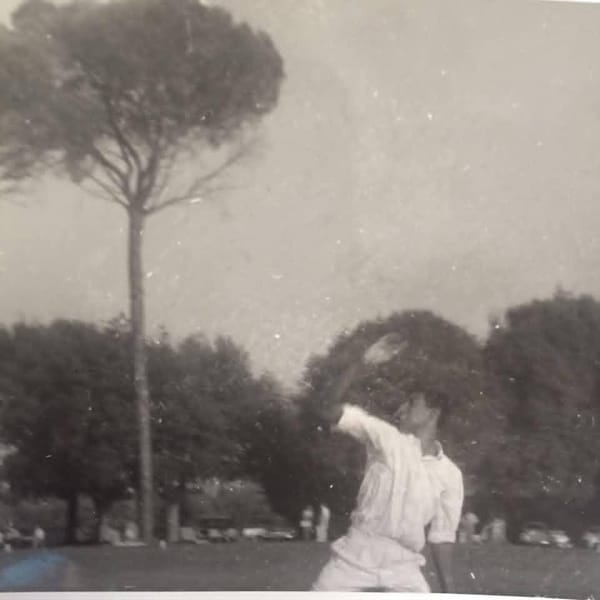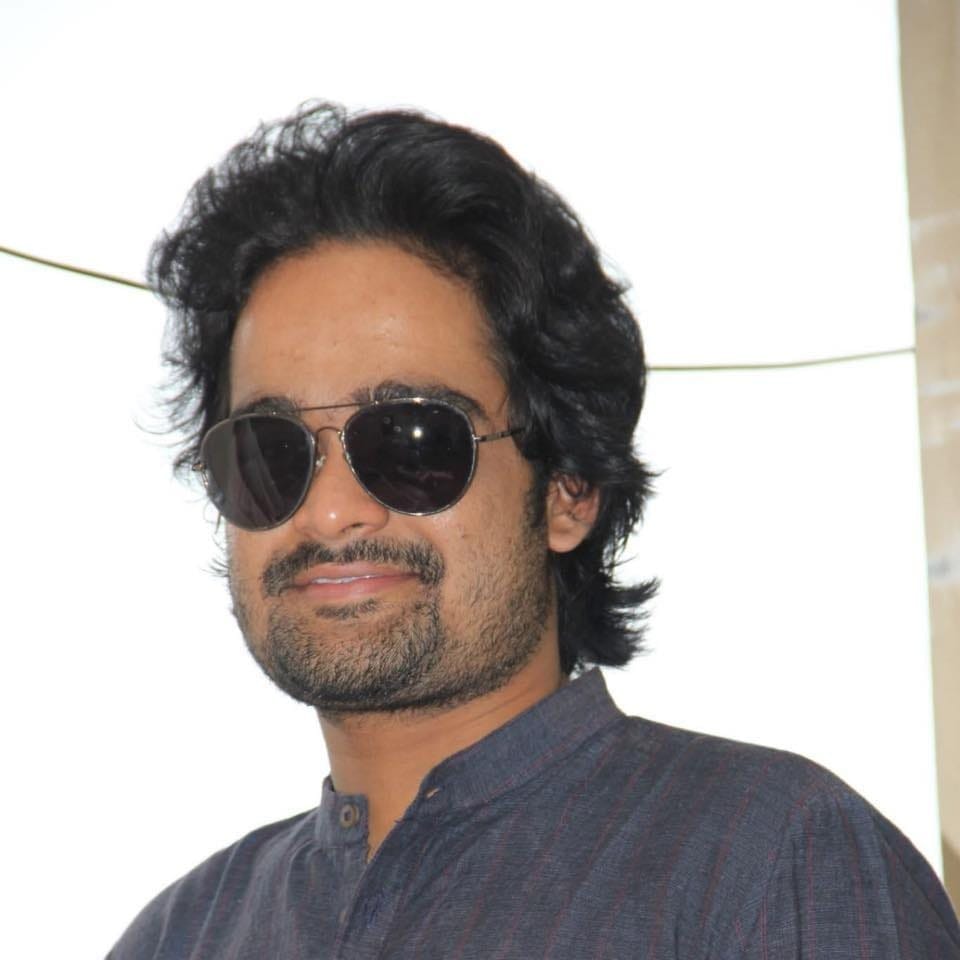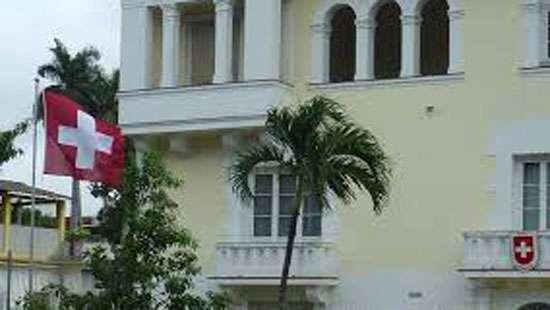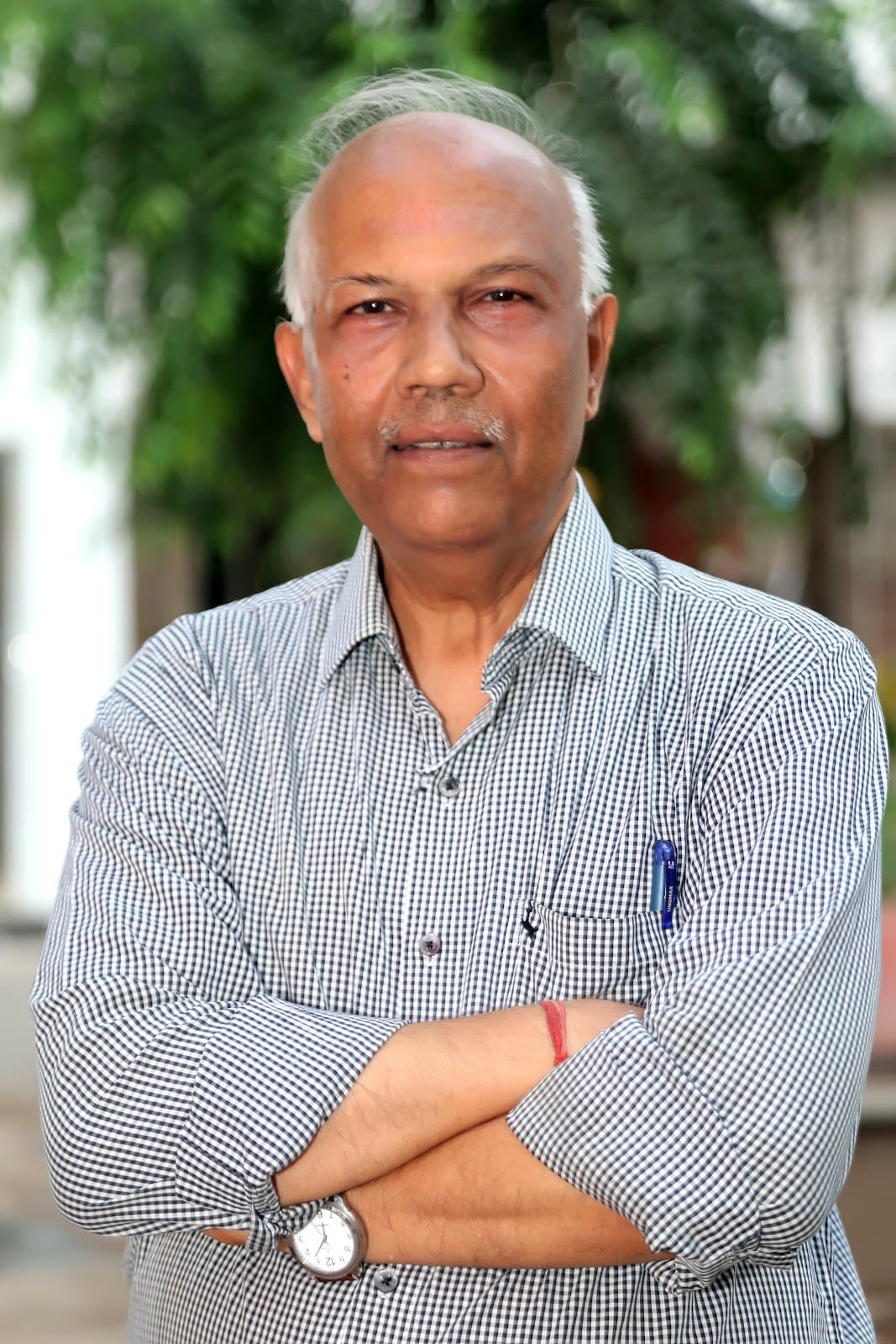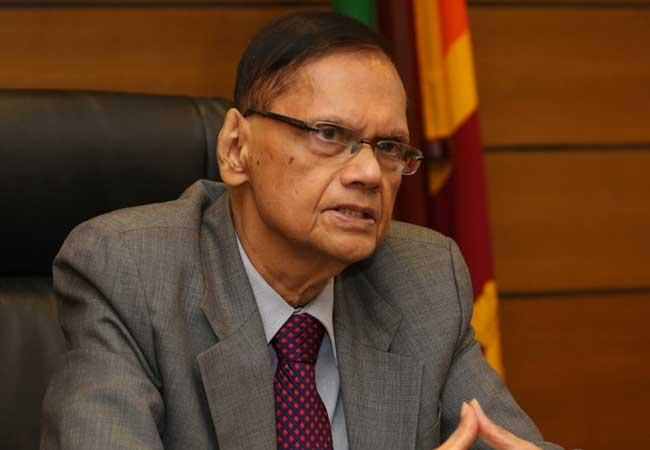The United Nations has welcomed a high-level government meeting focused on returning military-occupied private lands in Jaffna to civilian owners, calling it an important step toward reconciliation in Sri Lanka's war-affected Northern Province.
UN Resident Coordinator in Sri Lanka Marc-André Franche said returning land to rightful owners is about "restoring dignity and trust" and helps families "rebuild lives, grow livelihoods, and tackle poverty."
In a social media post, Franche described the meeting as "a welcome step toward reconciliation," adding that the United Nations stands ready to support the process in partnership with the Sri Lankan Government.
The meeting, convened on October 28 at the office of the Deputy Minister of Defence in Colombo, brought together senior defence and administrative officials to review progress on the release of private lands in the Jaffna–Palali area.
Deputy Minister of Defence Major General Aruna Jayasekara (Retd) chaired the meeting, which was attended by Defence Secretary Air Vice Marshal Sampath Thuyacontha (Retd) and other senior officials.
According to a press release issued by the Ministry of Defence, discussions focused on resolving operational and administrative hurdles, including the military's phased withdrawal from certain areas to expedite the handover of lands. The statement also noted that officials reviewed new boundary alignments aimed at minimizing the impact on civilian properties while ensuring the continued operation of essential defence installations.
The release of military-occupied private lands, particularly in the Northern Province, has been a long-standing demand of displaced communities and remains central to Sri Lanka’s post-war reconciliation efforts.

